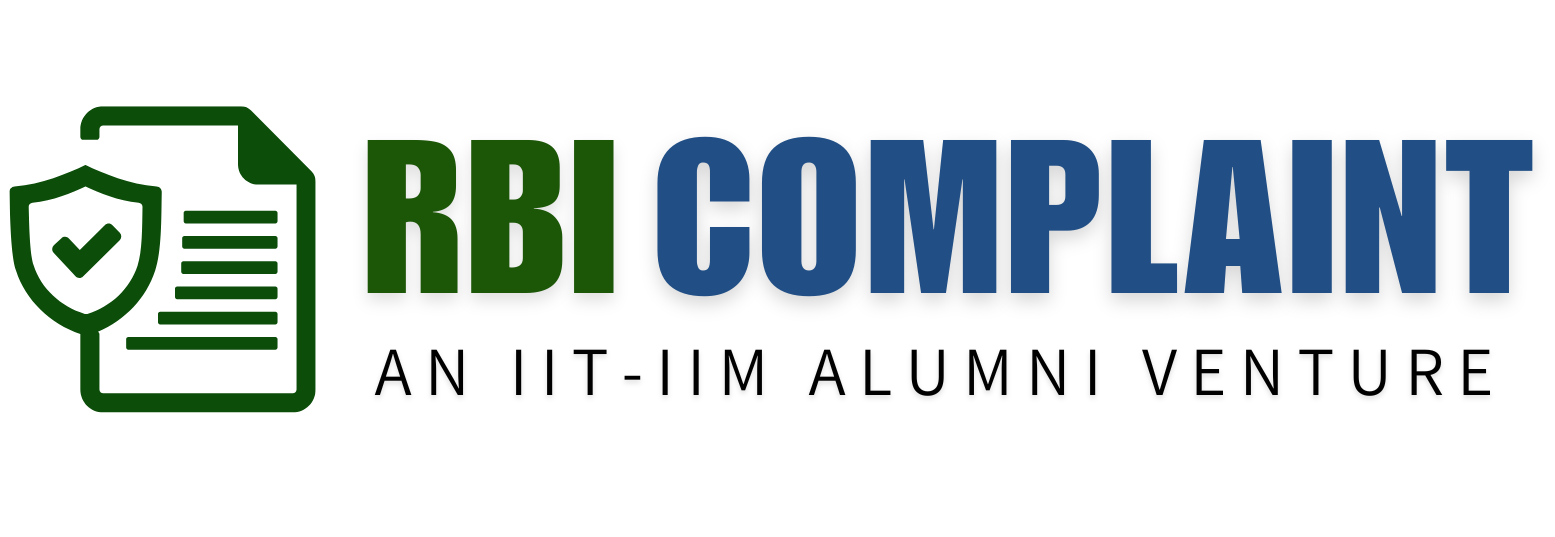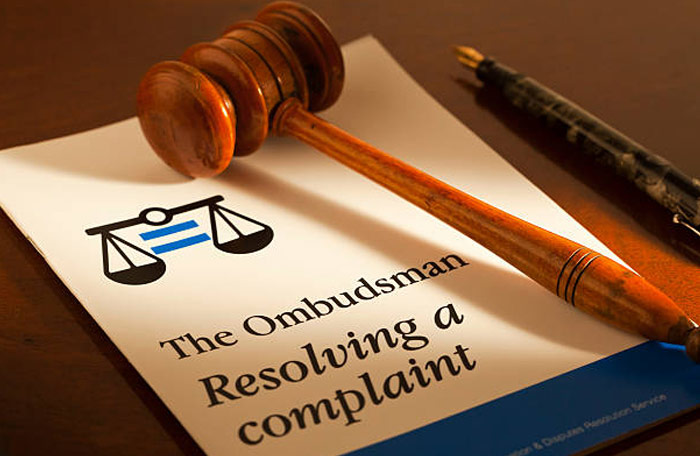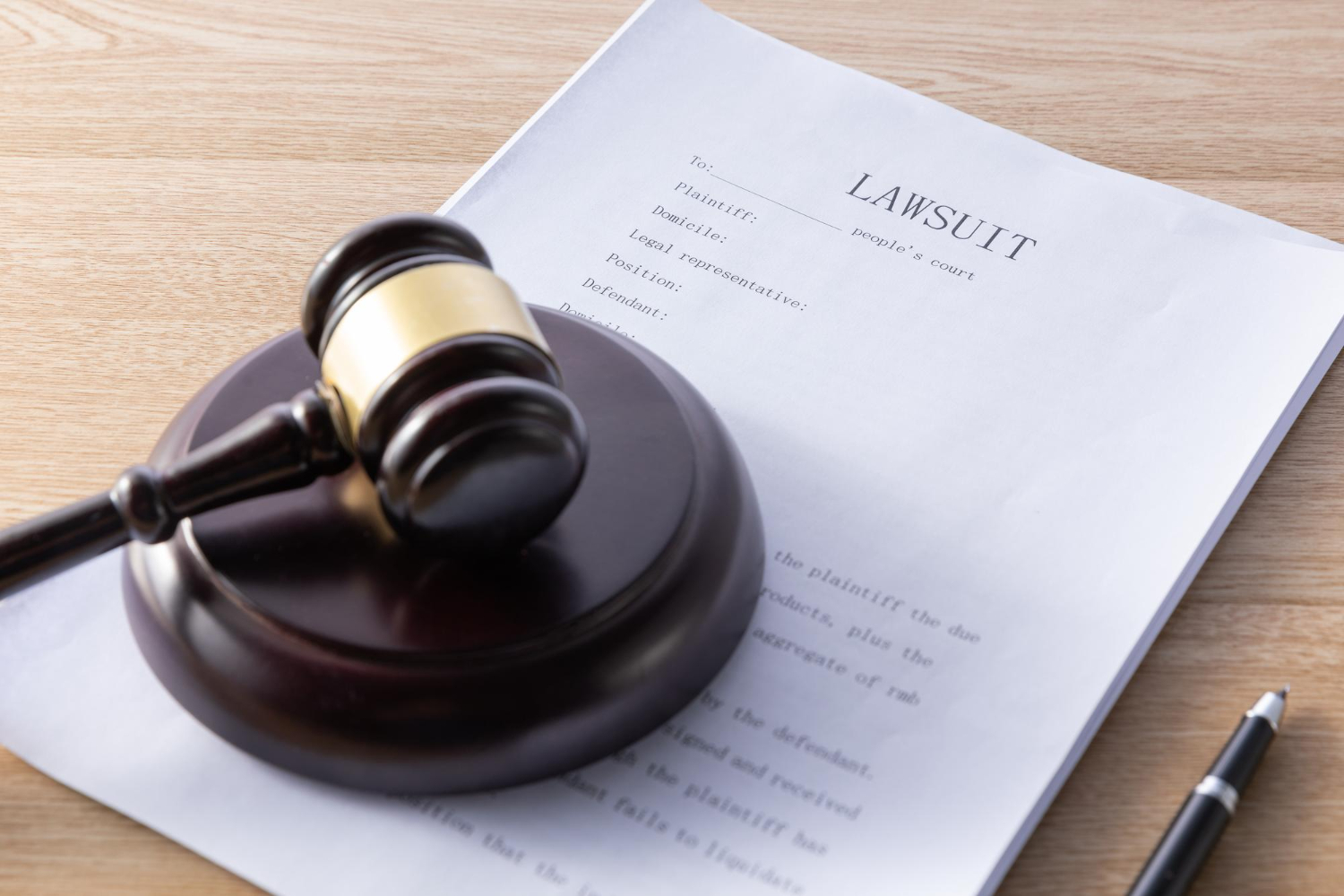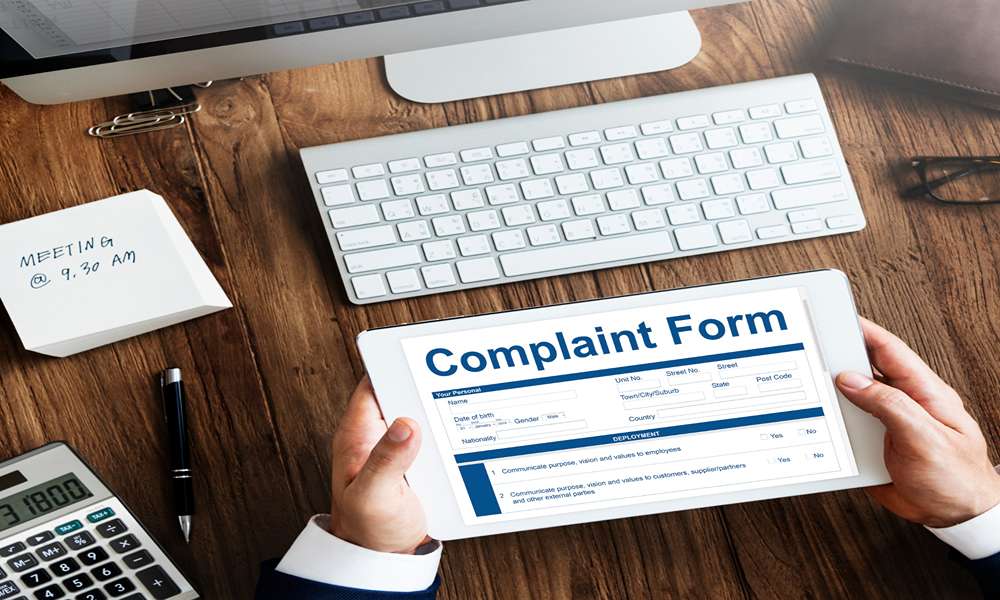· Bank Complaint · 2 min read
What are the powers and functions of the Ombudsman?
The Ombudsman appointed by the Reserve Bank of India (RBI) possesses certain powers and functions to effectively address and resolve complaints lodged by customers against RBI-regulated entities. The powers and functions of the Ombudsman include:

The Ombudsman appointed by the Reserve Bank of India (RBI) possesses certain powers and functions to effectively address and resolve complaints lodged by customers against RBI-regulated entities. The powers and functions of the Ombudsman include:
Complaint Examination: The Ombudsman is responsible for examining the complaints received and determining their validity. They assess whether the complaint falls within their jurisdiction and whether it fulfills the criteria for further investigation.
Mediation and Conciliation: The Ombudsman endeavors to facilitate resolution through mediation or conciliation between the complainant and the bank or NBFC involved. They work as an impartial mediator to encourage both parties to reach a mutually acceptable solution.
Information Gathering: The Ombudsman has the authority to call for any necessary information or certified copies of documents related to the complaint. They can summon witnesses and examine them under oath, if required, to gather relevant information and evidence.
Award/Decision Making: In case mediation or conciliation does not result in a satisfactory resolution, the Ombudsman has the power to pass an award or make a decision based on the merits of the complaint. The award is binding on the bank or NBFC involved, subject to any legal remedies available.
Redressal Measures: The Ombudsman can direct the bank or NBFC to take specific measures to address the complaint, such as rectifying errors, providing compensation or restitution, or taking corrective actions to prevent similar issues in the future.
Penalties and Sanctions: The Ombudsman has the authority to impose penalties or sanctions on banks or NBFCs for non-compliance with their directives or for any violation of regulatory guidelines. These penalties can be monetary fines or other disciplinary actions as deemed appropriate.
Communication and Reporting: The Ombudsman communicates the outcome of the complaint to both the complainant and the bank or NBFC involved. They provide a detailed explanation of the decision or award and any actions to be taken. The Ombudsman also prepares periodic reports on complaint patterns, trends, and systemic issues for the RBI’s reference.
The powers and functions of the Ombudsman are designed to ensure fair and efficient resolution of complaints, protect consumer rights, and maintain the integrity and stability of the banking and financial system.



